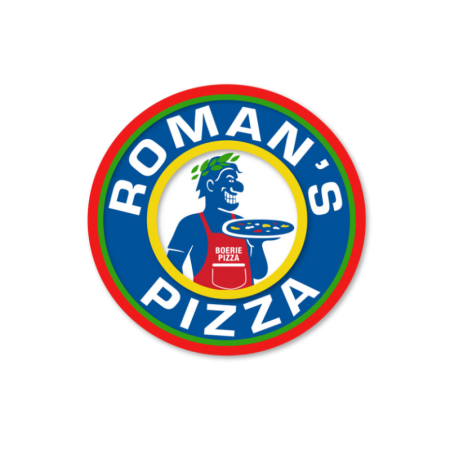Introduction
In recent years, sustainability has moved from a buzzword to a vital business strategy across various industries, and the food franchise sector in South Africa is no exception. With increasing awareness of environmental issues and consumer demand for eco-friendly practices, food franchises are stepping up to embrace green initiatives. This shift towards sustainability is not only beneficial for the planet but also enhances brand reputation and customer loyalty. Let’s explore how some food franchises in South Africa are leading the way with their green initiatives and eco-friendly practices.
1. Spur Corporation: Energy Efficiency and Waste Reduction
Spur Corporation, known for its famous Spur Steak Ranches, has been actively working towards reducing its environmental footprint. The company has implemented energy-efficient lighting and heating systems across its outlets. Additionally, Spur has introduced waste reduction programmes, including recycling initiatives and biodegradable packaging. Their focus on sustainable sourcing ensures that ingredients are procured from suppliers who adhere to ethical and eco-friendly practices.
2. Nando’s: Sustainable Sourcing and Renewable Energy
Nando’s, a beloved South African brand renowned for its peri-peri chicken, is committed to sustainability through various initiatives. One of their key strategies is sustainable sourcing. Nando’s ensures that their chicken is sourced from farms prioritising animal welfare and sustainable farming practices. Moreover, the brand has invested in renewable energy solutions, including solar power, to reduce its carbon footprint. Nando’s also engages in community upliftment projects, promoting environmental education and conservation efforts.
3. Kauai: Promoting Plant-Based Menus and Eco-Packaging
Kauai, a popular health-focused franchise, is at the forefront of promoting plant-based diets as a sustainable choice. By offering a wide range of plant-based menu options, Kauai encourages customers to make environmentally friendly food choices. The franchise also prioritises eco-friendly packaging materials, reducing the reliance on single-use plastics. Kauai’s commitment to sustainability extends to its supply chain, ensuring that all ingredients are sourced sustainably.
4. McDonald’s South Africa: Recycling and Water Conservation
McDonald’s South Africa has embarked on a journey towards sustainability with several impactful initiatives. The franchise has implemented recycling programmes in its restaurants, ensuring that waste is sorted and processed appropriately. Additionally, McDonald’s has introduced water-saving technologies in their kitchens and bathrooms, significantly reducing water consumption. The brand’s focus on sustainable beef sourcing aligns with global efforts to promote responsible farming practices.
5. Ocean Basket: Sustainable Seafood Practices
Ocean Basket, South Africa’s leading seafood franchise, promotes sustainable seafood practices. The franchise sources its seafood from suppliers who follow sustainable fishing practices, ensuring that marine ecosystems are protected. Ocean Basket also participates in marine conservation projects, raising awareness about the importance of sustainable seafood consumption. Their commitment to reducing plastic waste is evident through their eco-friendly packaging materials.
Conclusion
Sustainability in food franchises is not just a trend but a necessary evolution towards a greener future. South African food franchises like Spur, Nando’s, Kauai, McDonald’s, and Ocean Basket are setting commendable examples with their green initiatives and eco-friendly practices. By adopting sustainable sourcing, energy efficiency, waste reduction, and promoting plant-based diets, these franchises are contributing to a healthier planet. As consumers, supporting these environmentally conscious brands aligns with our values and encourages more businesses to follow suit. Together, we can significantly impact the environment, one meal at a time.










